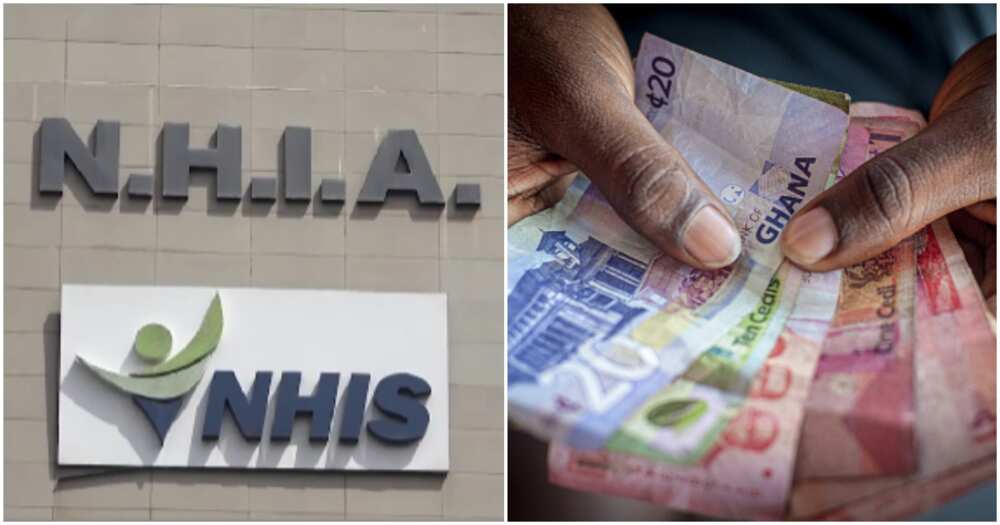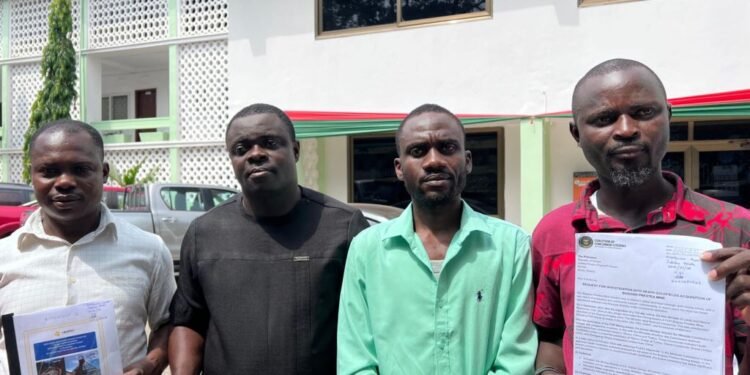The National Health Insurance Scheme (NHIS) in Ghana has undoubtedly played a crucial role in providing healthcare coverage to millions of Ghanaians since its inception in 2003. However, after nearly two decades of implementation, it is high time that the scheme undergoes a comprehensive review to ensure its long-term sustainability and effectiveness.
The NHIS was established with the noble objective of making quality healthcare accessible and affordable for all Ghanaians. It was a significant step towards achieving universal health coverage in Ghana, and it has undoubtedly made a positive impact on the lives of many citizens.
A call for a comprehensive review of Ghana’s National Health Insurance Scheme (NHIS) to ensure its sustainability has been made by Prof. Aaron Asibi Abuosi, a professor of health policy and management at the University of Ghana Business School (UGBS).
Prof. Aaron Asibi Abuosi stated, “If we look at the growth of the population, we look at the exempt category, and we look at the revenue sources, we need to confront the issue because health insurance must survive.”
The current funding structure of the NHIS is heavily dependent on the national health insurance levy, which is levied on goods and services. This approach has proven to be inadequate in generating sufficient revenue to sustain the scheme. A more sustainable funding mechanism needs to be explored, such as introducing additional revenue streams or exploring public-private partnerships.
“The amount of premium collected is nothing to write home about,” Prof. Abuosi noted, pointing to the inadequacy of current funding mechanisms. He questioned whether the 2.5 percent Value Added Tax (VAT), a primary revenue source for the NHIS, was sufficient. He warned that substantially increasing this tax could lead to higher living costs as it would be passed on to consumers.
Another critical issue is the lack of transparency and accountability within the NHIS. There have been numerous reports of corruption, mismanagement, and fraudulent activities within the scheme. These practices not only undermine public trust but also divert funds that could be used to improve the quality of healthcare services.
Making the NHIS More Sustainable

To make the NHIS more sustainable, it is crucial to involve all key stakeholders in the review process. This includes government officials, healthcare providers, insurance companies, civil society organizations, and the general public. Their input and expertise can help identify the shortcomings of the current system and propose practical solutions.
Echoing Prof. Abuosi’s concerns, former Director-General of the Ghana Health Service (GHS), Prof. Agyeman Badu Akosa, stressed, “The NHIS would not face its current financial challenges if it were more aligned with the primary healthcare concept.”
Prof. Agyeman Badu explained that the high costs associated with patients directly accessing higher-tier healthcare facilities could be mitigated through a gatekeeper system, where initial care is sought at local health centers before referrals to larger hospitals are made.
Furthermore, leveraging technology and digital solutions can significantly enhance the efficiency and effectiveness of the NHIS. Implementing electronic health records, telemedicine services, and mobile applications can streamline processes, reduce administrative costs, and improve access to healthcare services.
The proposed review of the NHIS is seen as a critical step towards achieving universal health coverage in Ghana. It aims to address structural weaknesses and ensure that the scheme can continue to provide essential healthcare services to all Ghanaians without compromising financial stability.
As stakeholders deliberate on the best path forward, the call for a thorough and balanced review of the NHIS underscores the importance of sustainable health financing and the need for policies that reflect the realities on the ground, particularly concerning maternal mortality and the doctor-patient ratio.
The future of Ghana’s healthcare system hinges on these crucial reforms, which aim to create a resilient, equitable, and efficient NHIS for the benefit of all citizens.
READ ALSO: Ghana’s Gross International Reserves Rise to US$6.59 Billion























